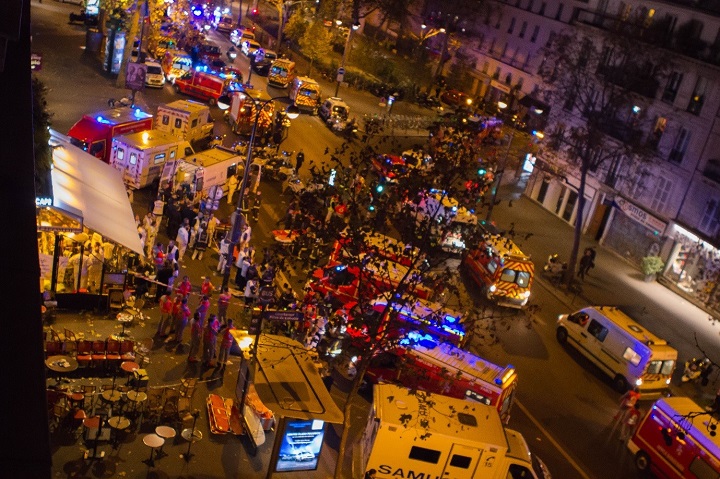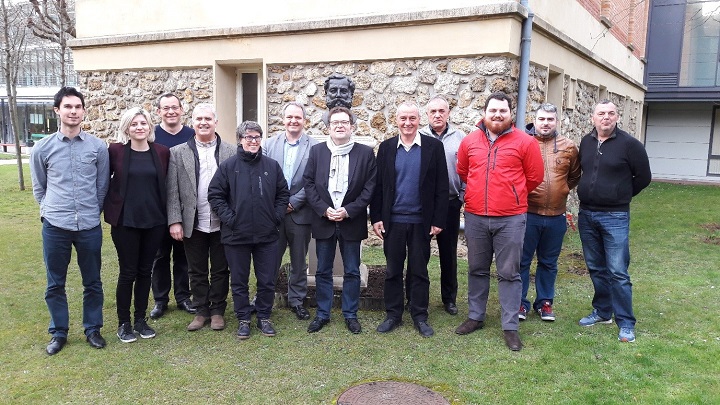Strengthening preparedness for complex emergency situations
In recent years, European cities have been facing new kinds of risks requiring stakeholders to rethink their strategies on how they respond to multi-site disasters, with their added level of complexity in terms of coordination. A new Red Cross project across five EU countries (France, Italy, Spain, Bulgaria and Portugal) aims to tackle this issue, so as to contribute to strengthening the resilience of people and communities living in large urban areas.

Led by the French Red Cross, the Multi-site Events Response and Coordinated Intervention (MERCI) project was launched in Paris on 1-2 March. It brings together partners from the Bulgarian Red Cross, the Italian Red Cross, the Spanish Red Cross, the Portuguese Red Cross and the Red Cross EU Office to assess the needs of responders, to analyse current knowledge, existing practices and tools, and to develop guidelines and adaptable operational protocols for the management of multi-site crises.
In an ever-changing environment, emergency responders can be faced with different types of major incidents – technological, manmade, or natural – that happen in different places at similar times. For example, simultaneous terrorist attacks in various locations, or the cascading effects of an earthquake resulting in another large-scale disaster, could mean that traditional responses fall short. These complex situations can very quickly overwhelm organisational capacities to respond efficiently and in a coordinated way.
Consequently, the MERCI project aims to contribute to strengthening the capacities of civil society and volunteering civil protection organisations so that they can act in coordination with public authorities before, during and after such events.
“As auxiliary to the public authorities, the French Red Cross is very active in responding to all types of emergencies across France. The recent attacks in Paris and elsewhere have made us re-evaluate our response procedures and forward planning,” says Philippe Testa, Head of the First Aid Department at the French Red Cross.
“Initiating a European reflection on civil society responses to complex, multi-site situations in urban areas is really important for the Red Cross,” he adds. “We are dedicated to building our capacities to better address the population’s needs in this evolving context.”

Through a series of specialised training sessions, first responders and operation managers will learn about the potential new risks that they will need to respond to, and how to best incorporate harmonised planning tools. This will be followed by a series of simulation exercises to test and adapt the procedures and training developed during the two-year MERCI project.
MERCI will be implemented with the support of the Civil Protection Financial Instrument of the European Union, which aims to enhance cooperation in prevention and preparedness in civil protection and marine pollution. The programme covers any type of disaster, such as floods, earthquakes, fires and pandemics, or chemical, biological, radiological and nuclear emergencies. Click here for more information.
For media inquiries, please contact Eva Oyón on: eva.oyon@redcross.eu or +32 2 235 09 22

